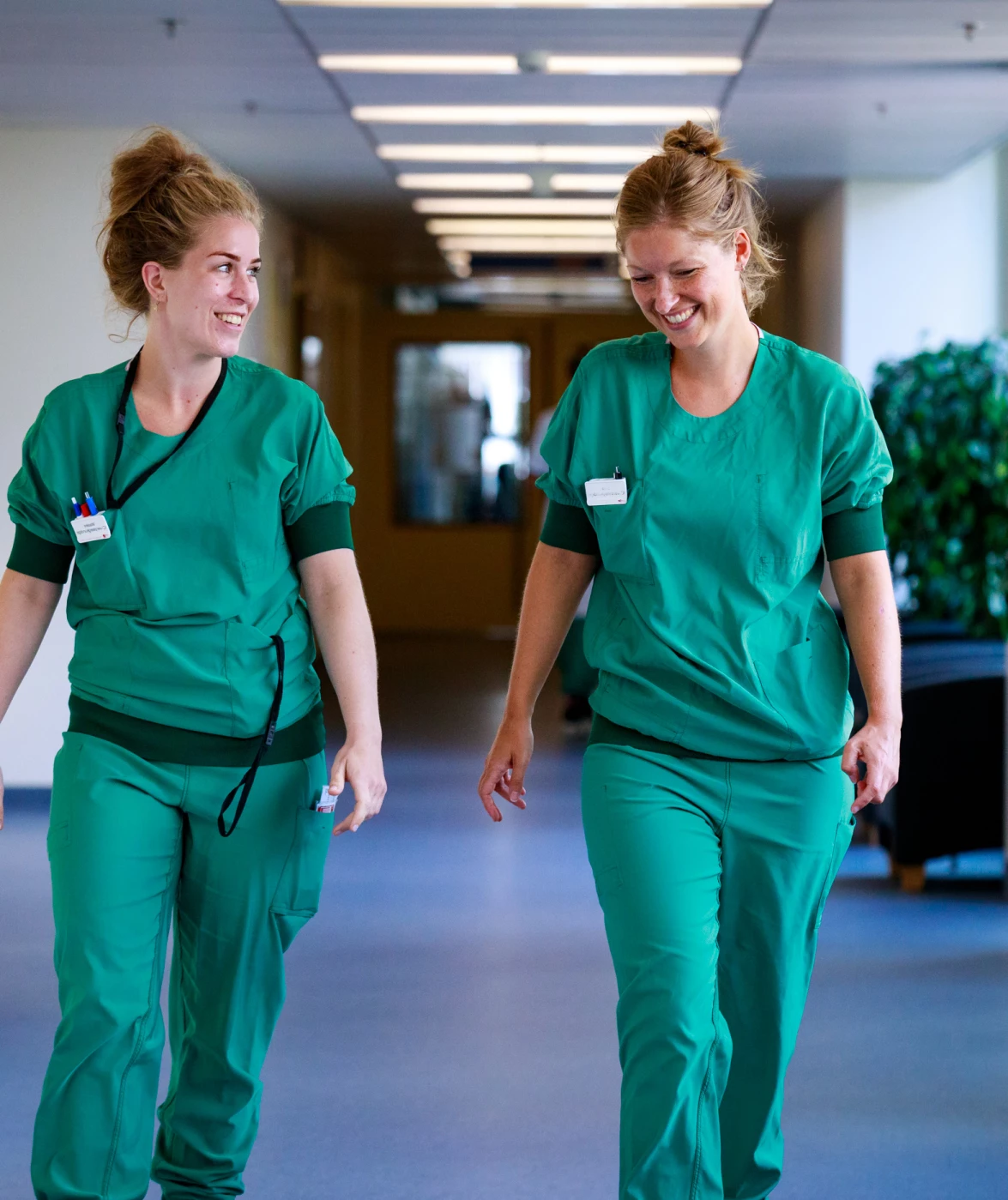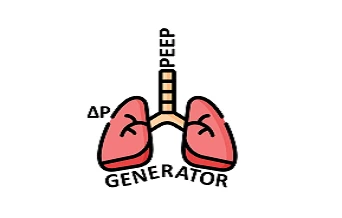NEWS
GENERATOR is looking for participating centers
The GENERATOR study has started recruiting patients in multiple centers and is looking for participating centers in the Netherlands and beyond. Interested? Contact us at generator@amsterdamumc.nl or use the contact form below!

Currently recruiting centers
- 10 centers in the Netherlands (Amsterdam UMC, Maasstad Ziekenhuis, Dijklander Ziekenhuis, HAGA ziekenhuis, Maastricht UMC, Onze Lieve Vrouwe Gasthuis, Zaans Medisch Centrum, Isala, LUMC, Albert Schweitzer ziekenhuis)
- 1 center in Austria (Universitätsklinik für Anästhesie und Intensivmedizin Innsbruck)

Countries/sites that are applying for ethical approval
- Italy, Spain, Germany
- 6 centers in the Netherlands
Study Summary
Rationale
The intraoperative driving pressure (ΔP) has an independent association with the development of postoperative pulmonary complications (PPCs) in patients receiving ventilation during general anesthesia for major surgery. Ventilation with high intraoperative positive end–expiratory pressure (PEEP) with recruitment maneuvers (RMs) that results in a low ΔP has the potential to prevent PPCs.
Study design
The GENERATOR study is an investigator−initiated multicenter double blind international randomized.
Study population
This study will include 1806 patients scheduled for major minimally invasive abdominal surgery and with an increased risk of PPCs based on: (i.) the ARISCAT risk score for PPCs (≥ 26 points), or (ii.): a combination of age > 40 years, scheduled surgery lasting > 2 hours and planned to receive an intra–arterial catheter for blood pressure monitoring during surgery.
Intervention
The intervention is intraoperative ventilation using the available ventilator with individualized high PEEP titrated to the lowest ΔP with RMs. After abdominal insufflation, patients randomized to the individualized high PEEP with RMs group will receive a RM followed by a 'decremental PEEP trial'. This is followed by a second RM after which PEEP is set at the level indicated by the decremental PEEP trial.
Main study parameters/endpoints
The primary outcome is a collapsed composite endpoint of PPCs until postoperative day five. Secondary outcomes are intraoperative complications, extrapulmonary postoperative complications, length of hospital stay and related healthcare costs.
Documents
- Presentatie GENERATOR Trial Voor Chirurgische Vakgroep(En)
- C1 GENERATOR Studie Protocol V2.0 D.D. 19 02 2024
- GENERATOR Logistics 1.1 17 7 24
- GENERATOR Trial Randomization Instructions Version 1.0 Dd 8 02 2024
- GENERATOR Data Entry Instructions (E)CRF V1.1 17 7 24 NL
- E1 E2 Informatiebrief En Toestemmingsformulier Proefpersonen GENERATOR V1.2 Dd 19 02 2024
- E1 E2 Informatiebrief En Toestemmingsformulier Proefpersonen GENERATOR V1.2 Dd 19 02 2024 Clean
- GENERATOR Control Intraoperative CRF Version 2.0.Con D.D. 13 05 2025
- GENERATOR Intervention Intraoperative CRF Version 2.0.Int Dd 13 5 25
- GENERATOR Intraoperative CRF Version 2.0 D.D. 13 05 2025
Call for centers
We are currently looking for centers in the Netherlands that would like to collaborate in the GENERATOR study. You may contact the GENERATOR steering committee via the contact form.

Study team
Steering committee
Data and Safety Monitoring Board
|
Department of Anesthesiology, Intensive Care and Pain at the Tel Aviv Medical Center, Israel. |
Department of Anesthesiology, Catharina Ziekenhuis, Eindhoven, The Netherlands |
|
Department of Critical Care Medicine, McGill University’s Faculty of Medicine and Health Sciences, Montreal, Canada |
Department of Anaesthesia and Intensive Care Medicine at the School of Medicine of the University of Galway, Ireland |
|
Department of Anesthesiology, Amsterdam University Medical Centers, Amsterdam, the Netherlands |
|
eCRF
The eCRF is built in Castor EDC, a program that can be reached from everywhere via the internet. Randomization and reporting of protocol deviations will also be performed in this system.
Trial registration
Registration of the GENERATOR study at clinicaltrials.gov.
FAQ
Participate in GENERATOR
